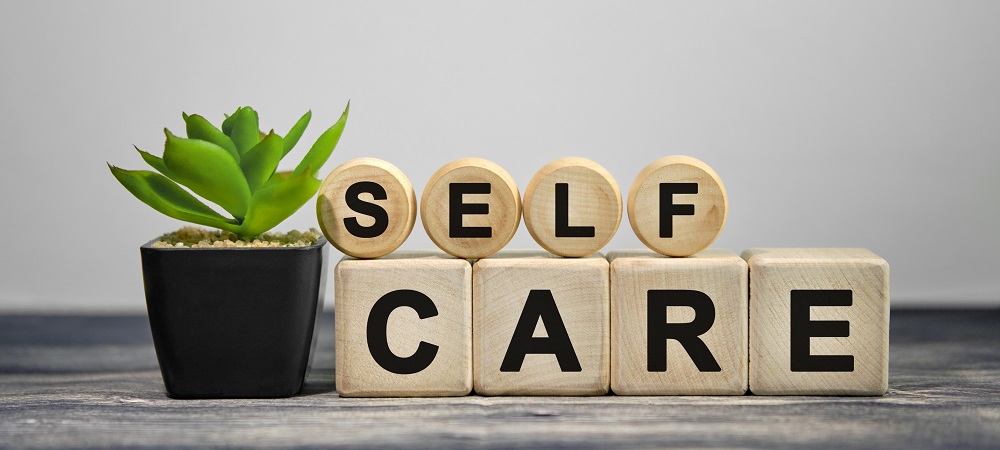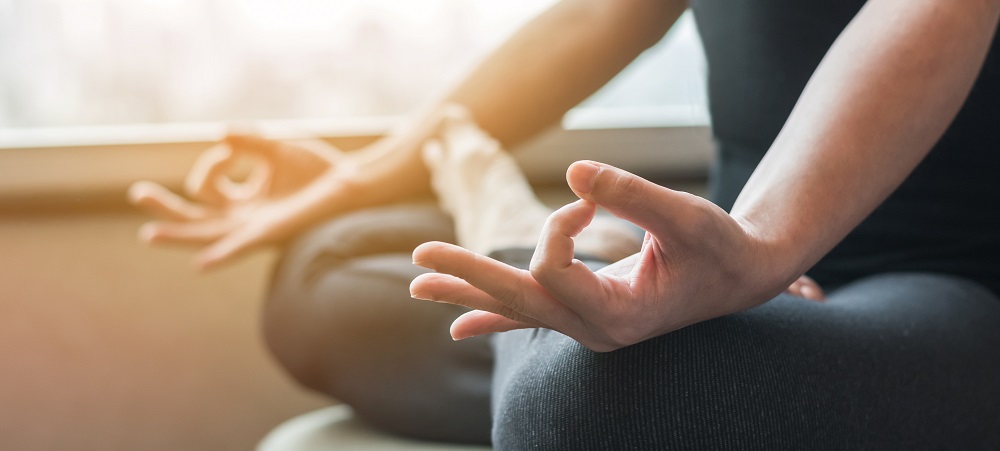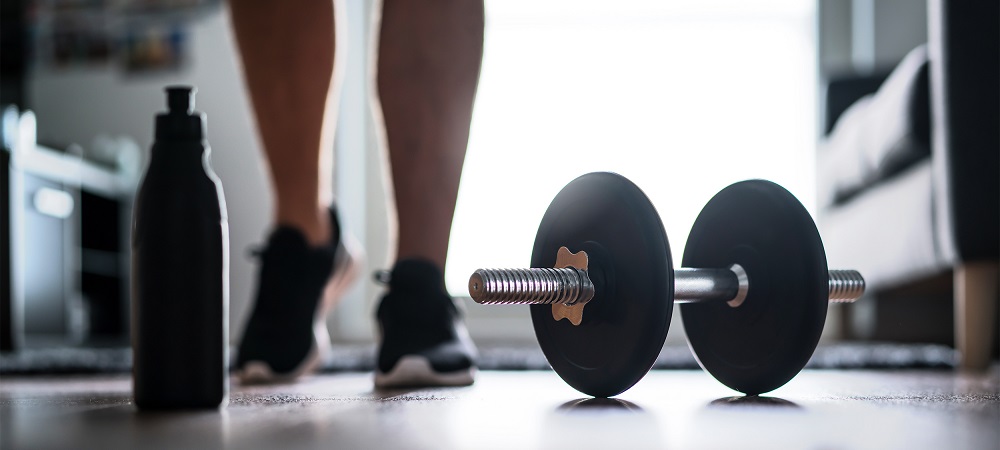Self-Care Tips for People Recovering from Addiction
When a person becomes addicted to alcohol or drugs, the focus of their life is consuming their substance of choice and getting high. It’s easy to neglect the important things in life such as family, friends, proper diet, and even self-care. If you want to recover from your addiction and get back to your good habits, it’s important to re-learn how to properly take care of yourself so that your recovery will be more successful. We’ll be sharing here some self-care tips for people recovering from addiction.
We’ll help you in understanding what self-care is, the different kinds of ways that you can take care of yourself, why it’s important to do so, and the steps that you can take to ensure that you’re on the right track to a successful recovery.
Related article: What’s Stopping People from Seeking Addiction Treatment?
What is Self-Care?
Self-care may have quite a broad definition but it can be subjective as well. In addiction recovery, self-care usually has three types. These are physical, emotional, and spiritual self-care. There’s another one that is just as important which is self-love.
You may have already heard or read about these things. Have you given some thought on them? Probably you’re already doing some of the steps we’ll mention here and that’s good. Self-care is crucial in making sure that your recovery will be a success. Here’s a deeper look into the various kinds of self-care.
Spiritual Self-Care
With spiritual enlightenment, you may be able to find what you truly believe in which is the spiritual core of your being. You can experiment with various activities and ideas. These may help you to gain a better understanding and insight into your spirituality in the personal sense.
When you are in tune with who you are as a person, it will become much easier for you to work towards becoming a better version of yourself. Taking care of your spirituality doesn’t have to mean that you have to change yourself all in one go.
It’s a journey of finding yourself and what you want to do with your life. Focus on small things like what activities are fun and enjoyable for you? It can be as simple as that. You don’t have to worry about things that are too big or profound if you’re not ready for that yet.
Emotional Self-Care
Emotions are a powerful force. When you’re in addiction recovery, controlling your emotions may prove to be more difficult. There are so many things going on inside of you and things can get out of hand.
For emotional self-care, it is vital that you keep good friends close. These are people who will help you stay sane when everything is just so chaotic and difficult. When you surround yourself with great people with a positive attitude towards life, it will help you in building up your self-esteem as well as gaining a more positive perspective of yourself.
Physical Self-Care
The physical aspect of self-care is what most of us think of whenever we imagine what it’s like to take care of ourselves. This means eating well, exercising, sleeping enough, and avoiding bad habits like drug use.
When we can do these things, then we’ll feel good about ourselves. This boosts self-esteem and confidence. The changes don’t have to be drastic. A simple 20-minute walk around the neighbourhood is a good start.
Self-Love
All these kinds of self-care are expressions of love for yourself. When you take the time to know yourself more, you’ll know about your strengths and also your weaknesses. Doing so will allow you to understand where and how you can improve.
When you practice physical, spiritual, and emotional self-care daily, you are helping yourself in a lot of ways. People who are just starting in their recovery journey may often feel ashamed and worthless. By practicing self-love and care, anyone can overcome these negative feelings in time.
Why is Self-Care Important During Addiction Recovery?
Addiction can affect a lot of aspects in your life such as your well-being, self-perception, motivation, and mood. For many users, they usually start to use alcohol or drugs in order to cope with difficult situations, reduce stress, deal with boredom, and even to reward themselves. However, once this substance use turns into an addiction, boredom, difficult situations, and stress become the triggers to turn into their drug of choice.
For an addiction recovery to become successful, it is necessary to replace the habit of using substances with better and healthier alternatives. This means watching out for the triggers and being able to deal with them in healthy ways.
When a person lacks self-care, he or she is more vulnerable to negative emotions and this can affect their motivation. That’s why it’s important to take care of one’s self so that your focus, mood, and capacity to cope with the triggers and cravings won’t be compromised.
How to Take Care of Yourself During Addiction Recovery
In recovery, the patients and the health care professionals find a suitable lifestyle as well as a better mindset that will help in maintaining sobriety. Recovery is not only about being free from drugs or alcohol. It is also about having a healthy and fulfilling life.
This is a life-long pursuit that goes on even after the recovery process in the rehab centre is completed. Here are some of the ways on how to better take care of yourself during addiction recovery.
Creating a Recovery Plan
For many drug addiction treatment programs, aftercare services are provided. This includes referring the patients to community support groups. Eventually, the individuals recovering from addiction will have to take responsibility for their actions and their lives.
Nevertheless, support is highly necessary and essential. Support combined with having a recovery plan like knowing how to take care of oneself will aid individuals to get sober, stay drug-free, and become much happier.
Every person recovering from addiction has a different set of circumstances and challenges. What’s important is for you to be able to build your own self-care plan. Make sure that it is something that will be effective for you.
While you can take inspiration from other people’s recovery plans, you don’t have to follow a specific one down to every detail. You can adopt steps that you think will work for you while discarding those that you think won’t help.
In the following section, we’ll share some of the steps that you can check out to see if they will be suitable for your case. It’s up to you to add more if you feel that these basic steps are already things that you are doing.
Steps for a Good Self-Care Plan
As discussed above, there are many types of self-care. To be able to recover from an addiction fully, it would be helpful if you can take care of all of those aspects. You don’t have to do all of these steps in one day. Gradually integrate them into your schedule.
For example, you don’t have to exercise every day. You can start doing it once a week and that’s already great. The more you build endurance and strength, then you’ll be able to add more activities to your week.
This goes the same for other aspects of your life such as eating healthy foods. If you don’t like veggies, start slow. It would be helpful to read about how to make meals that are both healthy and sumptuous. There are also tons of videos online where you can learn how to cook. It will be fun!
Those are just some of the examples, there are other parts of your life that you ought to take care of. Again, don’t feel overwhelmed. You’ll be able to cover them all eventually. Now, let’s start with what you can do to take care of your physical self.
1. Physical Activity
Physical activities may not be on top of your mind while you’re in recovery. But we have to stress that this is very important because exercise can do wonders both for your physical health as well as your mental well-being.
What you have to remind yourself is that you don’t have to think about joining a triathlon or anything that is too challenging. You don’t even have to enroll at a gym. Start small and make sure that the activities are doable and won’t leave you feeling exhausted that you’ll find yourself hating that activity.
Every day set aside some time to walk around the neighbourhood. Take a walk with your dog if you have a pet or ride the bicycle. What’s important is that you go out and get some sunlight and breathe fresh air.
Also, these physical activities, even the light ones, can help create those endorphins that will make you feel good and also relieve stress. You don’t have to do those activities alone. When you’re ready, you can join a group who is into sports like basketball or even surfing if that’s what you want to do.
2. Sufficient Sleep
The great thing about being physically active is that you won’t have to worry about getting a good night’s sleep. It will come naturally because your body wants to rest and recover from being active during the day.
Sleep can affect your mood and the way you look at life. It’s hard to force yourself to feel good and have a positive outlook while you’re facing the challenges of addiction recovery. But if you get sufficient sleep, this won’t be difficult to achieve.
Keep in mind that having a regular time to sleep and wake up will do wonders for your well-being. It will benefit you physically, mentally, and emotionally. Everybody needs to rest and to recover. Sleeping at a specific time will help you settle into a good routine.
3. Healthy Diet
Many people who suffered from drug addiction have poor health. This is because their priorities have changed and eating healthy meals has not been on top of that list. Drug use can cause a person to not feel hungry, and so they can go on for days without eating properly.
One of the main goals of recovery is taking care of the body and getting you back into the habit of eating healthy meals. It’s easy to stuff any kind of food into our body without really thinking of the effects.
Having a healthy diet is among the most basic steps of self-care but it is also the most overlooked. We often go for what’s delicious rather than what’s healthy. Food can be both healthy and delicious. You just have to be more conscious of what you’re going to eat. Also, it would be great if you can try cooking and preparing your meals by yourself.
4. Loving Yourself
Maybe this sounds too simple but how does one really love oneself? There were probably many things in your life that you regret and you punish yourself for. To love yourself, you also have to learn forgiveness. Try to practice that.
Also, it would help if you can make a list of the things you have accomplished. It doesn’t matter if it’s a small step. Everything counts. If you were able to wash the dishes, do some chores, get groceries, or cook a healthy meal, those are already great accomplishments. Every day, list those down and thank yourself for it.
At some point in the recovery process, you may feel frustrated and angry with yourself, especially if you experience a relapse. This is something you also have to prepare for. Practice patience. Understand that you won’t be a better person overnight. It takes time. So give yourself room to blossom.
While you may want to get better as soon as possible, you have to understand that it may be a long ride to get there. Here’s where self-love comes into play. Be forgiving, understanding, and patient with yourself. You’re doing well and you can always do better in the next days.
Related article: Steps to Create Your Own Relapse Prevention Plan
5. Take Time to Relax
During recovery, you’ll encounter many stressors. You ought to know upfront that it is not going to be an easy process. It’s important that you know how to cope with stress. If you are not mindful of this, you may easily fall back into the bad habits that you relied on to deal with life’s stressors.
So, before thinking about taking that one drink or taking drugs, it’s crucial that you think about the other things that can help you relax. This is actually fun. Why don’t you go to a spa and have a relaxing massage? That will definitely help.
Other activities that you can enjoy include going to the park and taking a walk. If you like painting, do that. You may also take some time to visit your family and friends. You can talk to them about anything under the sun. It doesn’t have to be a deep and serious talk.
Think of the things that can relax you. Whether it’s taking a nap, eating ice cream or comfort foods, or watching your favourite movie, it would really help you if you know what you can do to take some time off from your stressors.
Eventually, you may have to deal with what’s causing you stress. But if you think you can’t handle it, for now, give yourself permission to say that you need time and preparation to face them. So, relax and do something that will calm you down.
6. Finding Support
You may want to think of yourself as a strong person. But all of us need to understand that there are things in life that will be much more bearable if we have the support of others. This goes the same with recovery.
You should know that you’re not the only one who is struggling with your addiction and other problems. There are those who have already learned the steps on how to deal with them and you can learn so much from those people.
There are also those who are starting their recovery process and you can inspire them to be strong and patient with it. It is not just about finding support but giving support as well. We all need to be a part of a community where we can learn from each other.
Takeaway
As you can see, the steps to take care of yourself better is not that complicated. It may take some time and practice but after a while, you’ll find that they’re easier to integrate into your daily routine.
Whenever you feel the need to ask for help from support groups or health care professionals, never hesitate to do so. Being strong is good but sometimes, you also have to be honest with yourself if you need help.
Drug and alcohol addiction recovery will be full of challenges. But always remind yourself that you have the capacity and the ability to overcome them. There are people who are also willing to support you along the way. When things don’t go as planned and when relapse happens, forgive yourself and keep moving forward.
Let Addiction Rehab Centers help you. Contact us today!











